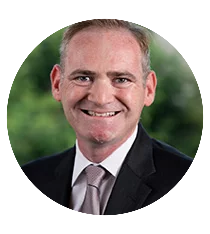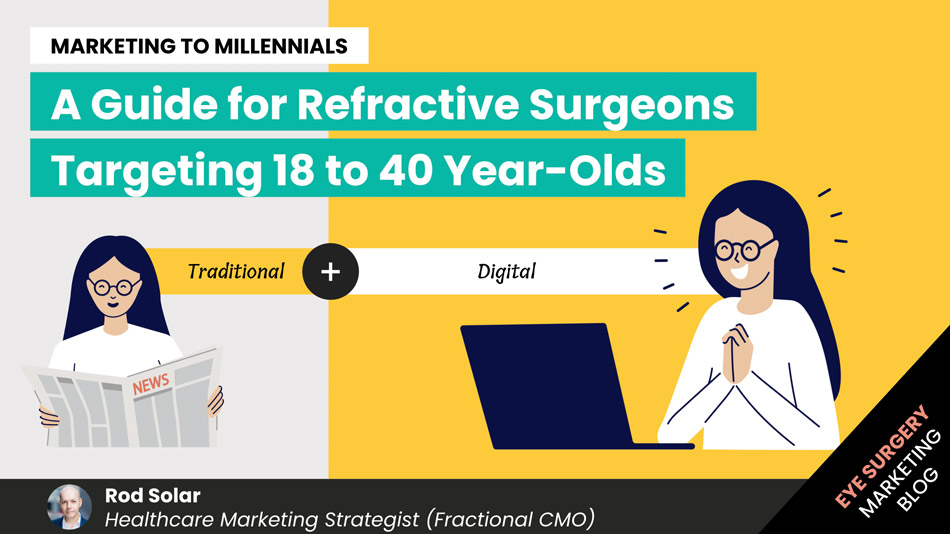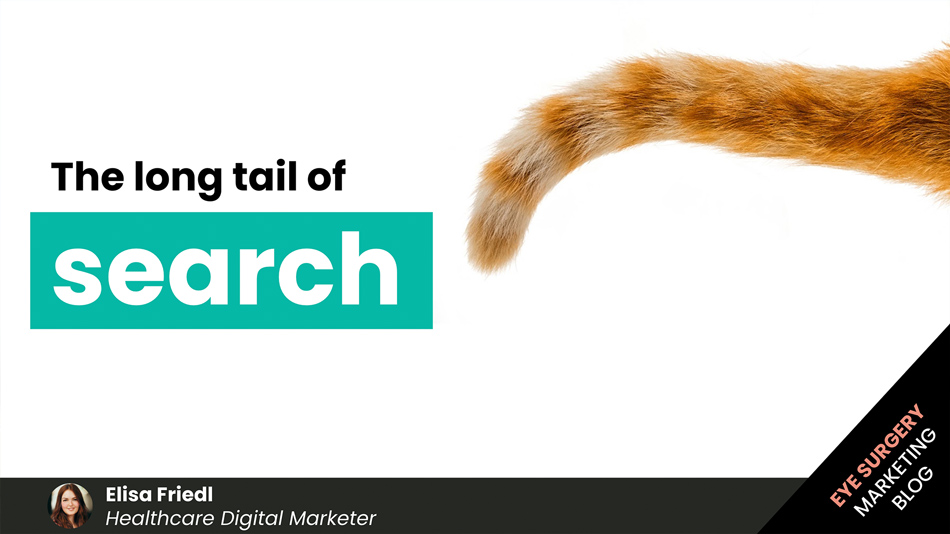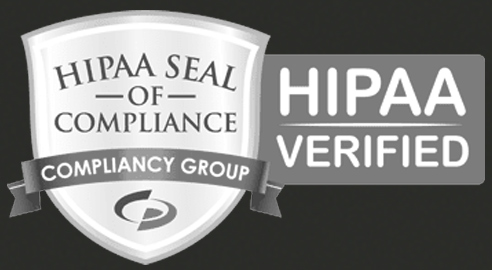Did your website traffic just plummet? The Google Medic Update may be the reason
On August 1, 2018, Google made a “broad core algorithm update” that resulted in many websites seeing significant drops in traffic and rankings. In the few weeks that followed, it became clear that this update adversely hit health and wellness sites globally.
SEOs are referring to this update as the “Medic Update” because the quantity of Health and Medical domains affected by the algorithm update is significantly large enough to suggest that Google was reviewing and adapting their algorithm for search engine result pages for this vertical in particular.
In this post, we give you
- some quick facts about what you need to know about the Google Medic Update
- what you can do about it if the Google Medic Update affected you
- what we’re doing to help our customers deal with the Google Medic Update
- what you can do for yourself
But first, let’s go over a few quick facts about this update and what content it affects.
Can you fix poor content?
In short, no. If you’re publishing poor content, there’s not much you can do to fix it.
“Google references its advice from the previous core updates, saying there’s “no ‘fix’ for pages that may perform less well, other than to remain focused on building great content. Over time, it may be that your content may rise relative to other pages.” Google also said, “As with any update, some sites may note drops or gains. There’s nothing wrong with pages that may now perform less well. Instead, it’s that changes to our systems are benefiting pages that were previously under-rewarded.” 1https://searchengineland.com/googles-august-first-core-algorithm-update-who-did-it-impact-and-how-much-303538
Google says there’s no fix – but that doesn’t mean you can’t better signal your expert content
In 2013 Google released what it refers to as “Search Quality Evaluator Guidelines” What is a Search Quality Evaluator? They are people Google hires to rate the relevance of their search results. They don’t rank results; instead, they measure their quality. As the title implies, they use the document above as their guidelines. This document is an excellent indicator to search marketers who care for expert content that needs a signalling emphasis.
What we’re doing to better signal our customers’ good content
We’ve reviewed the sites in our care and can confirm there were some winners and losers as a result of this update. “In a review of over 300 sites, SEO Roundtable reported that a large percentage of the affected sites were in the medical, health, fitness, and healthy lifestyle space – over 42%.”2Google Medic Update: Google’s Core Search Update Had Big Impact On Health/Medical Sites
If you’re a LiveseySolar SEO customer, don’t worry! We have a plan.
While we only work with customers who are experts in their fields, Google doesn’t necessarily know that. Therefore, we see it as part of our job to let them know. Consequently, we’ll be shifting our SEO emphasis from creating new content towards enhancing the E-A-T signal of existing content.
What is E-A-T?
E-A-T stands for Expertise, Authoritativeness, and Trustworthiness. On page 18 of the Google Guide we cite above, they state:
“Remember that the first step of PQ (Page Quality) rating is to understand the true purpose of the page. Websites or pages without some sort of beneficial purpose, including pages that are created with no attempt to help users, or pages that potentially spread hate, cause harm, or misinform or deceive users, should receive the Lowest rating.For all other pages that have a beneficial purpose, the amount of expertise, authoritativeness, and trustworthiness (E-A-T) is very important. Please consider:
- The expertise of the creator of the MC (Main Content).
- The authoritativeness of the creator of the MC, the MC itself, and the website.
- The trustworthiness of the creator of the MC, the MC itself, and the website.”
Signalling E-A-T to Google isn’t a mystery, and it informs the substance of our plan:
We advise all of our clients to include these things as a default, but it’s worth reviewing them and updating them where appropriate:
- Perform a usability audit on all of our customer’s sites (usability relates to how easy it is to use the site and for users to find what they’re looking for – if you’re interested in Usability, see Jakob Nielsen’s extensive work in this field). Don’t trust your assessment of your website, get it checked by a neutral party.
- Ensure all pages have a link to the privacy policy (most of our clients have taken us up on our GDPR update)
- Ensure all pages have a link to the Cookie Policy – (most of our clients have taken us up on our GDPR update)
- Ensure the site has an SSL certificate, which we wrote about here
- Include a complaints page, like this one.
- Display client testimonials, which we wrote about here
- Display official accreditations
- Display awards
- Demonstrate E-A-T on every page of the website by making sure sites have bylines, links to author biographies that include author qualifications and experience. If you do not have specific expertise to write a particular piece of content, get it reviewed and edited by a specialist and indicate that
- Professionally (re-)write and edit every page of the site (and seek opportunities for peer review)
- Cross-link between trusted content and trusted authors (including external sites that demonstrate the author’s E-A-T)
- Expand or retract content to match user intent – are you writing more words than necessary when fewer would better serve user intent? Are you writing enough on some topics? Empathise with your users – don’t make information consumption more challenging than it needs to be
- Ensure pages have scannable headings, which we wrote about here
- Reconsider content to determine if you could better deliver your content in alternative formats (like audio, video, which we wrote about here or infographics)
- Bolster all about us pages with robust qualifications and experience
- Build up off-site authority (through sites like TrustPilot, Google Reviews and Facebook Reviews)
- Work on getting more links from trusted sources
If you’re not a LiveseySolar customer, what can you do?
Do you have a Search Engine Optimisation consultant? Speak to them about the Google Medic Update. Do they understand E-A-T? Ask them if they know about the recent update affecting health and wellness sites and what they’re doing about it. If they don’t, share this post with them.
If their answers do not satisfy you, give us a call and we’ll help.
If you don’t have an SEO, you may want to consider one because SEO is an expertise. Choose wisely. Just like any other profession, there are good SEOs and bad SEOs.
In their Search Engine Optimization Starter Guide, Google says:
An SEO (“search engine optimization”) expert is someone trained to improve your visibility on search engines. By following this guide, you should learn enough to be well on your way to an optimized site. In addition to that, you may want to consider hiring an SEO professional that can help you audit your pages.
Deciding to hire an SEO is a big decision that can potentially improve your site and save time. Make sure to research the potential advantages of hiring an SEO, as well as the damage that an irresponsible SEO can do to your site.
How to hire an SEO
If you want to hire an SEO, then a good starting point is to watch this video. We completely agree with the recommendations.
https://www.youtube.com/watch?v=piSvFxV_M04?rel=0
If you don’t have an SEO,
- Review the guidelines for yourself
- Follow the advice we share above and do it yourself
- This SEO Starter Guide from Google is an excellent primer
- This Google produced infographic on “How Search Works” is also helpful
Related Posts
Meet our Co-Founders
We’re passionate about helping leaders of high-quality, growth-minded practice owners double their practice revenue
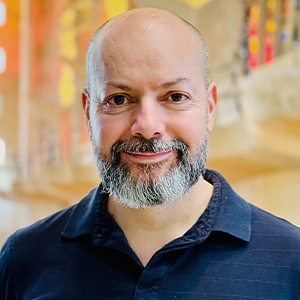
Rod Solar
Founder & Scalable Business Advisor
For over 20 years, I’ve helped ophthalmology entrepreneurs scale their private practices. I specialise in doubling revenue within three years by offering a proven framework, hands-on experience, and a team of experts who implement what works. We take the guesswork out of growth and scale, so you can focus on delivering exceptional patient care while maximising the value of your business.
LiveseySolar completely transformed the way we were approaching this… We’ve gone from having just the dream of having a practice to having a practice up and running with people making inquiries and booking for procedures… It’s extremely pleasing. We feel lucky we connected with LiveseySolar.
— Dr Matthew Russell, MBChB, FRANZCO, specialist ophthalmic surgeon and founder of VSON and OKKO
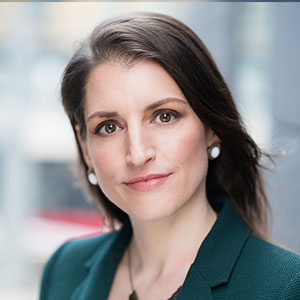
Laura Livesey
Founder & CEO
I’m the co-founder & CEO of LiveseySolar. I’ve developed powerful eye surgery marketing systems that increase patient volumes and profits for doctors, clinics, and hospitals, since 1997.
Rod and Laura know as much about marketing surgery to patients as I know about performing it. They are an expert in the field of laser eye surgery marketing. They know this industry inside out. I believe that they could help many companies in a variety of areas including marketing materials, sales training and marketing support for doctors.
— Prof. Dan Reinstein, MD MA FRSC DABO, founder of the London Vision Clinic, UK


